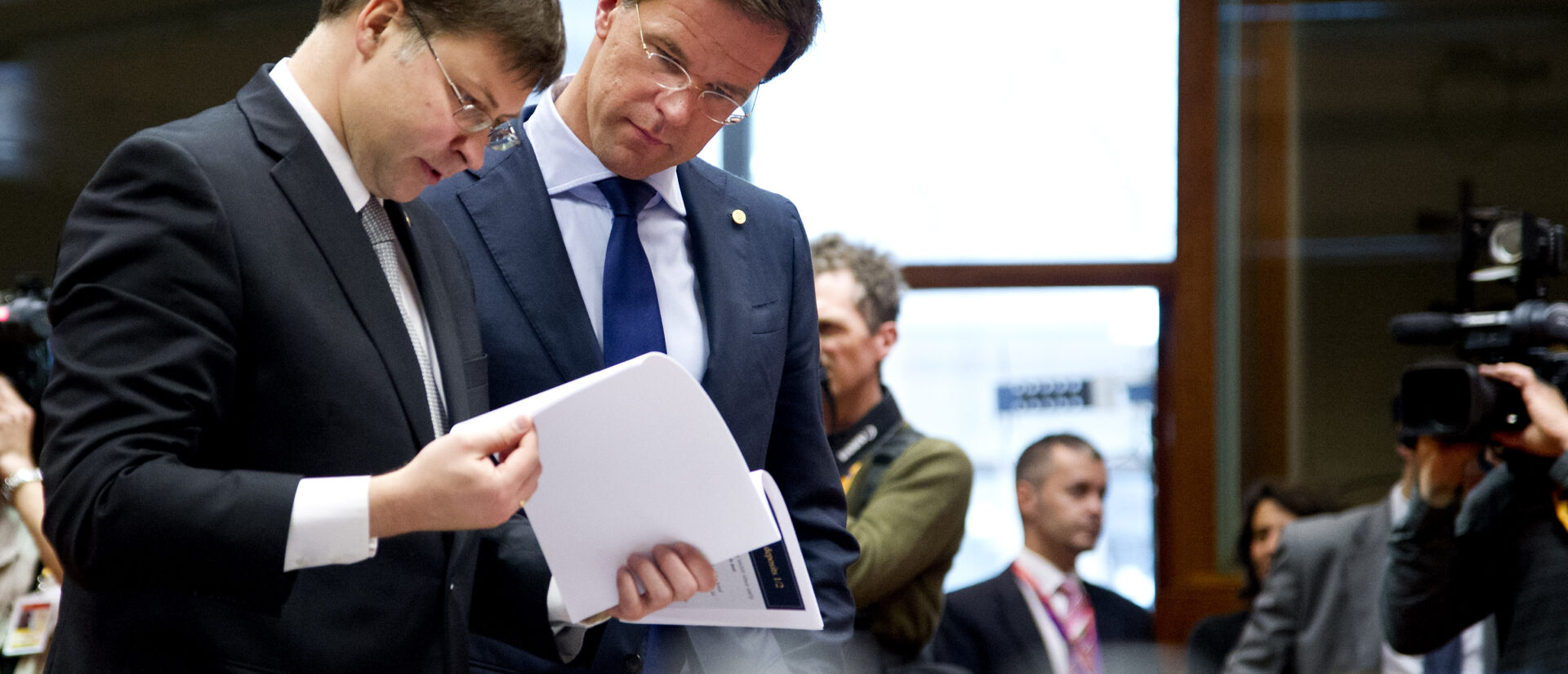
Perseverance pays: how Dutch PM Rutte gave in after years-long lobbying by corporate interests
Dutch tax policy has long been heavily dictated by the interests of large multinationals. And this impression has been confirmed by Dutch Ministry of Finance internal documents regarding contacts between the Ministry and the business community, which SOMO and Oxfam Novib obtained in 2016 through an FOI –Freedom of Information request (“Wob-procedure” in Dutch). The documents offer a behind-the-scenes look at the Finance Ministry’s dealings.
Our findings in brief:
- Documents that SOMO and Oxfam Novib obtained through an FOI request from the Ministry of Finance show how closely government officials work with corporate lobbyists. Finance actively seeks cooperation with lobby groups to keep the Dutch business climate as positive as possible.
- Policy was first jointly devised by the Ministry of Finance and the VNO-NCW [Confederation of Netherlands Industry and Employers] before going to the Chamber. The VNO-NCW even offered to confront “political pressure from the House of Representatives” together with Finance on a specific policy file.
- Agreements were made at the international level on the approach to tax avoidance; negotiations on this subject ran from 2012 to 2015. Certainly the Netherlands would have to do something in response to criticism of its tax practices, but at the same time wanted to protect the fiscal business climate. Finance had a great deal of contact with the VNO-NCW, the American Chamber of Commerce and the Dutch Association of Tax Advisors (NOB).
- The NOB advised the Ministry to “take the offensive” on this subject and to “stop being pushed around”. The Netherlands should “stand up for what it wants”. It also stated that “the ground would have to be sufficiently prepared so that the media would respond favourably”.
- All their efforts finally led to results in 2017, when the government decided to abolish dividend tax and to reduce the corporate tax rate. Although measures against tax avoidance were intended to make multinationals pay their fair share, they now receive financial benefits worth several billions.
Read the full article on Follow The Money(opens in new window) (in Dutch only).
This is an investigation within the framework of LobbyWatch, an initiative of civil society organisations for more transparency on lobbying.
Do you need more information?
-

Jasper van Teeffelen
Researcher
Related news
-
The Netherlands – still a tax haven Published on:
 Arnold MerkiesPosted in category:Publication
Arnold MerkiesPosted in category:Publication Arnold Merkies
Arnold Merkies
-
 Tax avoidance in Mozambique’s extractive industriesPosted in category:Long read
Tax avoidance in Mozambique’s extractive industriesPosted in category:Long read Vincent KiezebrinkPublished on:
Vincent KiezebrinkPublished on: -
The treaty trap: The miners Published on:
 Vincent KiezebrinkPosted in category:Publication
Vincent KiezebrinkPosted in category:Publication Vincent Kiezebrink
Vincent Kiezebrink

